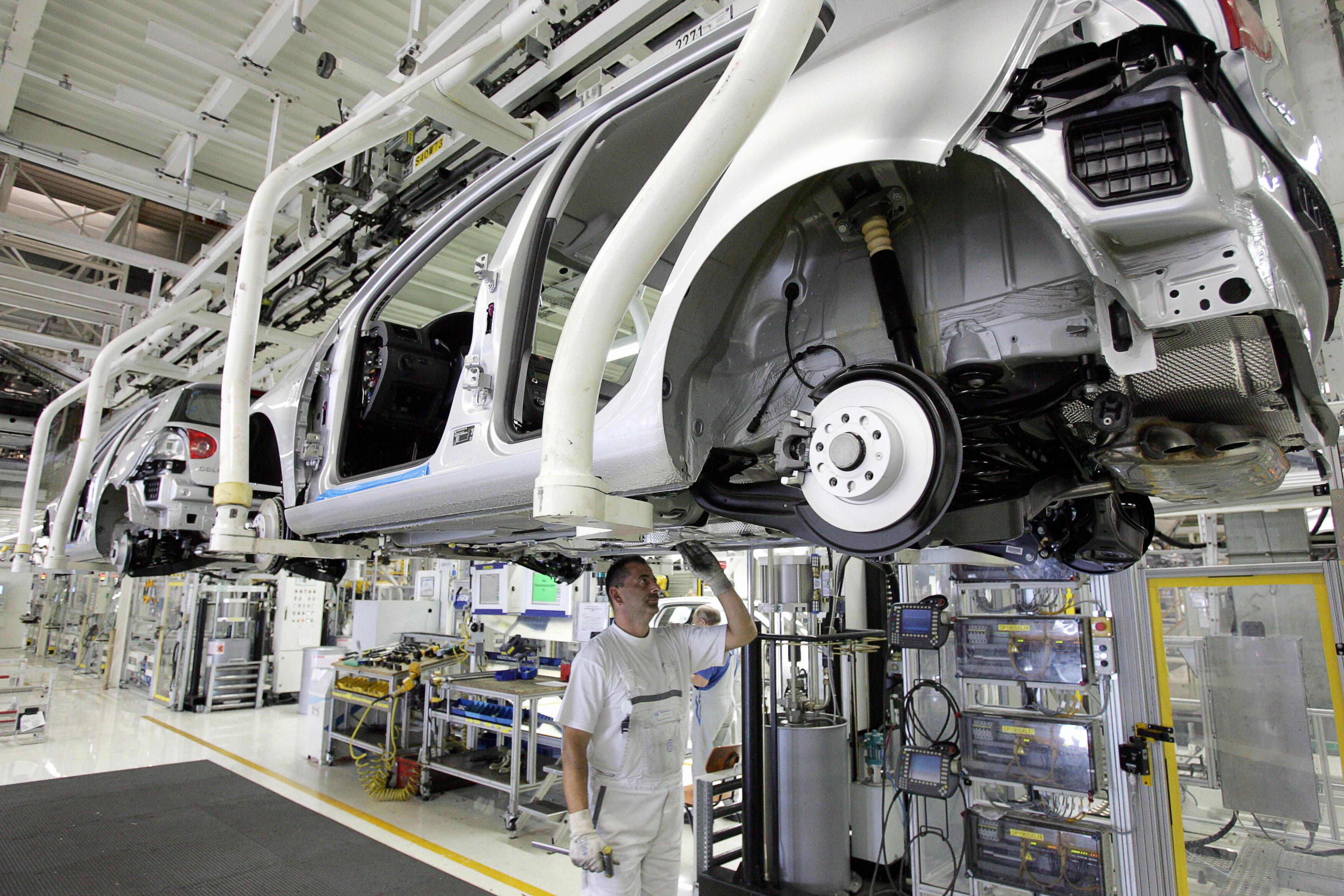Volkswagen chairman Hans Dieter Pötsch said in a press conference on Thursday that the company’s enormous emission cheating scandal, which was first revealed in September, grew out of decisions the company made more than 10 years ago.
The company switched its focus to market diesel cars in the United States in 2005. The idea was to present diesel as an intriguing alternative to regular gasoline, touting benefits like better fuel economy. But the U.S. has more rigorous emissions regulations than the European Union, and Volkswagen feared its cars wouldn’t pass tests. “There was a tolerance for breaking the rules,” Pötsch said. “It proves not to have been a one-time error, but rather a chain of errors that were allowed to happen.”
The New York Times reports that in particular, Volkswagen re-evaluated its emissions-control tech during the 2009 model year. In spite of a group of managers who campaigned for a system called selective catalytic reduction, which uses a urea solution to neutralize nitrogen oxide, the company ended up choosing to install NOX traps, which are cheaper and don’t require chemical refills like SCR.
NOX traps are not as effective, though, and reduce fuel economy when they are functioning normally. Volkswagen probably used “defeat devices” to cheat on emissions tests not just so cars would pass, but so that the NOX traps weren’t reducing fuel economy in daily driving. Using more effective emission-control technology from the beginning would have been expensive, but could have reduced or eliminated Volkswagen’s motivation to cheat. The company says it has suspended nine people related to the scandal but won’t name them yet because its internal investigation is ongoing.
Over about seven years Volkswagen did transition to using SCR, but the company is currently working with U.S. regulators to figure out what to do about the hundreds of thousands of cars that have NOX traps and/or were outfitted with technology to cheat on tests. At the end of October, Volkswagen posted a $1.83 billion loss for its first quarter. Things probably won’t be improving any time soon.
